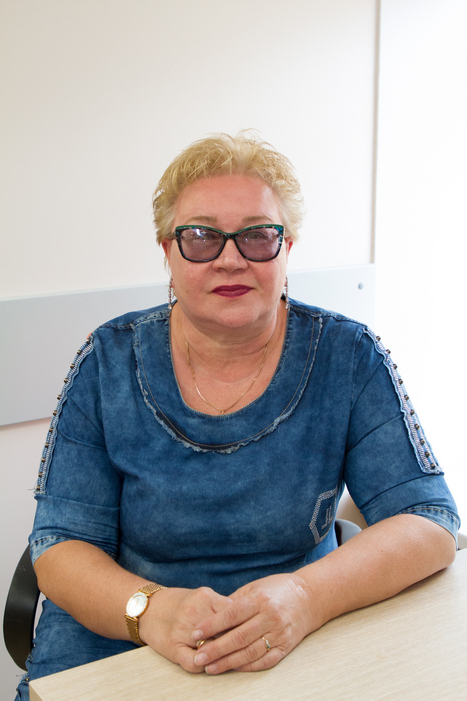Конференции
Mikko Koho
Senior Lecturer, foreign languages
English and Russian (South-Eastern Finland University
of Applied Sciences (Xamk) Kotka Campus
In my presentation, I discuss, firstly, the organisation, content and purpose of the English language skills tests organised by South-Eastern Finland University of Applied Sciences (Xamk) for the international students who apply for double-degree program studies at Xamk, and, secondly, the aspects that should be taken into account when guiding these students in the process of writing their thesis in English.
As described by the Common European Framework of Reference for Languages (CEFR), the skills level B2 allows students to make progress in their studies in English in terms of oral production and comprehension, written production, and reading comprehension.
The sufficient language skills level, of course, must be verified as part of the application process, and at Xamk this is carried out by means of a) group communication/discussion b) summary writing, and c) grammar proficiency test. In 2020 and 2021, the last component, i.e. grammar proficiency test, was omitted since it was considered unreasonably complicated to reliably organize online. Also, after all, a person’s grammar competence can, to some extent, be assessed on the basis of oral communication and summary writing. When organizing such tests, it is highly important that irrespective of the content the conditions are identical for all participants, the results are comparable and the scoring criteria are transparent. In other words, if the person in charge of the test is asked to give reasons and explain e.g. why one student was given 12 points and the other 18 points, she/he must be able to do so in a clear and justified manner.
Even if a student possesses B2 level skills or higher (B2 is the third highest level in the CEFR skills description table), it does not necessarily mean she/he is capable of producing text that meets the standards of technical reporting and academic writing. This is also associated with the general notion of improvement in one’s English skills during exchange studies abroad. While the fact that students communicate on a daily basis in English in and out of the classroom in most cases contributes to the improvement of oral communication skills and vocabulary resources, it only rarely directly leads to better written production, let alone better academic written production. Moreover, the written assignments completed for professional studies do not automatically serve as a means of improving one’s language skills since the focus is on the professional content, not on language proficiency. In order to learn to write better, one has to invest time and effort in the analysis of their text. This is something that needs to be addressed at Xamk since the double degree students are faced with the task of writing a thesis in English at the end of their one-year exchange study period.
In order to make the thesis writing experience something more than simply a tale of struggle and survival, students must be systematically guided, not only in terms of content, but also in terms of effectively communicating in writing the purpose, methods and results of their thesis study. It is unreasonable to expect smooth written reporting if students are not systematically made aware of the requirements of English academic writing and offered appropriate tools and exercise to improve their writing skills.

